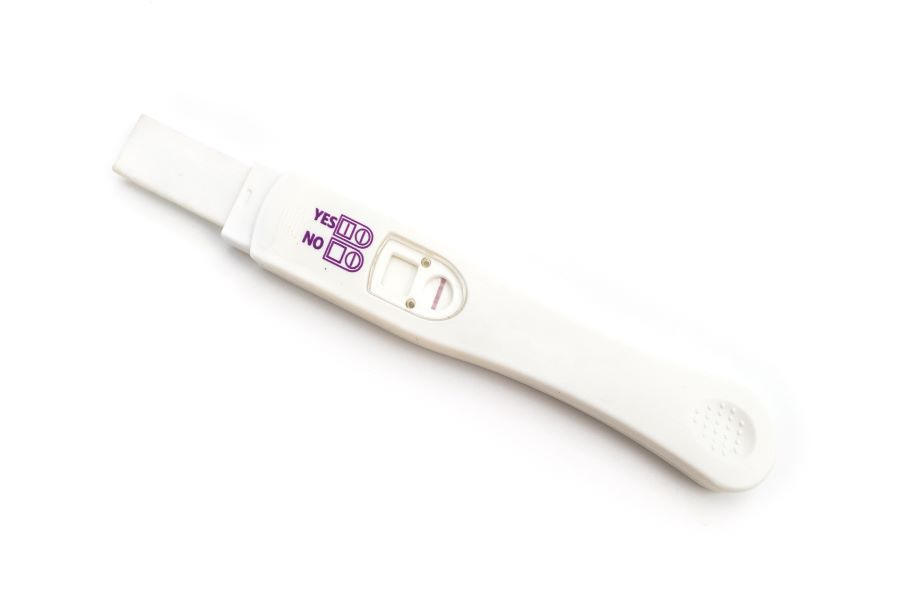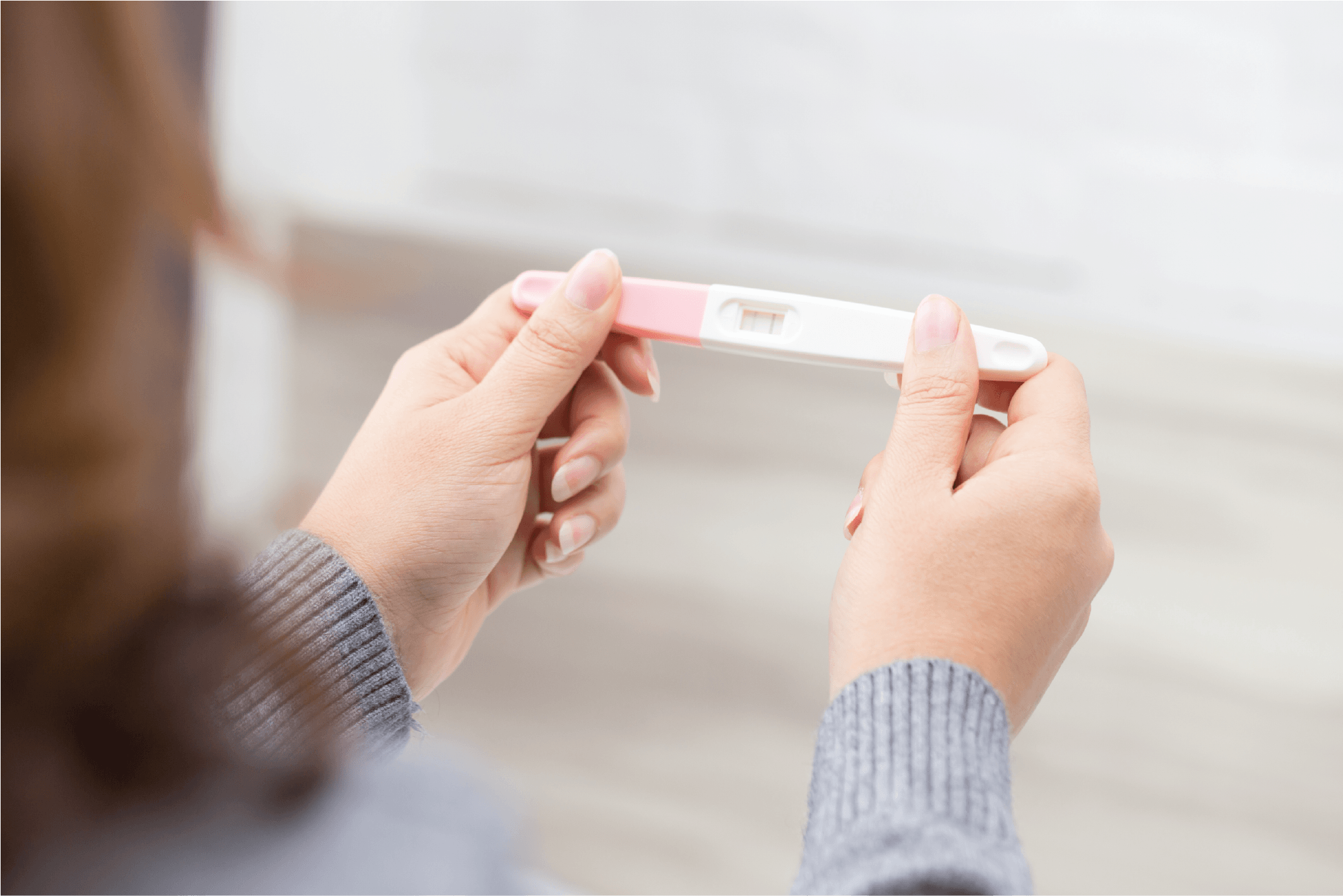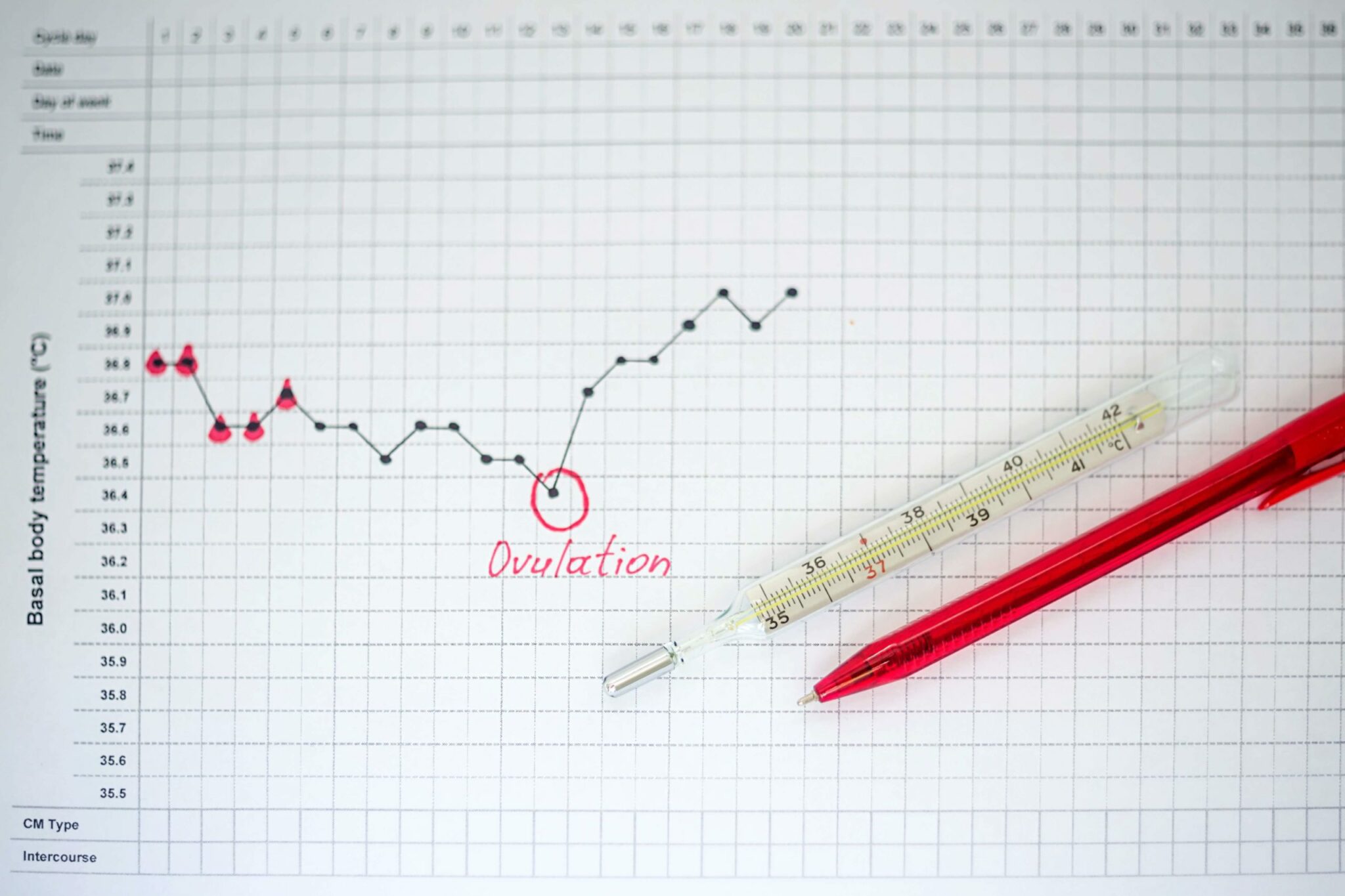How do Pregnancy Tests Work?


While most women are familiar with where to find pregnancy tests in your local supermarket or convenience store, many do not know what exactly this test is measuring. Here’s a quick guide on how pregnancy tests work and how best to use them.
A pregnancy test detects the presence of human chorionic gonadotropin, or hCG. This hormone is secreted by a fertilized egg and is usually detectable shortly after implantation occurs (usually around 21 days after a woman’s last menstrual period). These hCG levels vary over the course of the pregnancy, but they tend to peak around 10-12 weeks after a woman’s last menstrual period.
A pregnancy test can be done using either blood or urine since hCG is found in both. Over-the-counter pregnancy tests use a urine sample. Depending on the brand of test, they can usually detect a pregnancy once the hCG level has reached 25-50 mIU or higher. You can find the level of hCG detection for the most popular urine pregnancy test brands here.
Blood pregnancy tests, which require a medical provider’s order, can detect hCG at any level. While a urine pregnancy test will only tell you if you are pregnant or not, a blood pregnancy test will tell you your exact hCG level. This can be helpful if your provider wants to see if your hCG levels are rising appropriately. This may be done in women undergoing fertility treatments or where there is a concern for a miscarriage or ectopic pregnancy.
A single hCG level should not be used to interpret exactly how far along you are, since what is normal can have a very large range. For example, one woman’s hCG level may be 6,000 mIU at six weeks where another’s is 9,000 mIU, and this range is normal.
There is a common misconception that the urine pregnancy test in a doctor’s office is more accurate than that found in your pharmacy. This is not true! While most doctors and midwives will repeat the test to confirm your pregnancy, this is often only done because tests have been known to be misinterpreted at home.
Another interesting fact is that tests found at your local dollar store are just as good as their pricier counterparts. Many women who are battling infertility can vouch for how expensive the name-brand tests are and that these more affordable tests work just as well!
Some women are also told they need a blood pregnancy test to confirm their urine test, and again this is not true since urine pregnancy tests today are so accurate. There are certainly times when a blood hCG test is needed, but it should not be used as a routine confirmation of pregnancy.
Nabta is reshaping women’s healthcare. We support women with their personal health journeys, from everyday wellbeing to the uniquely female experiences of fertility, pregnancy, and menopause.
Get in touch if you have any questions about this article or any aspect of women’s health. We’re here for you.
Sources:
- RA Hatcher et al
- Contraceptive Technology
- 19th revised edition.
Powered by Bundoo®













































